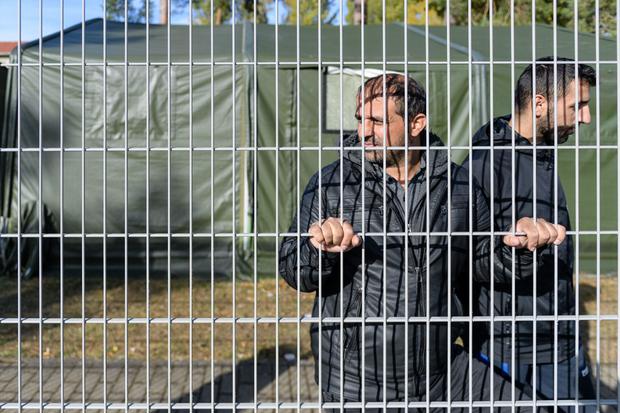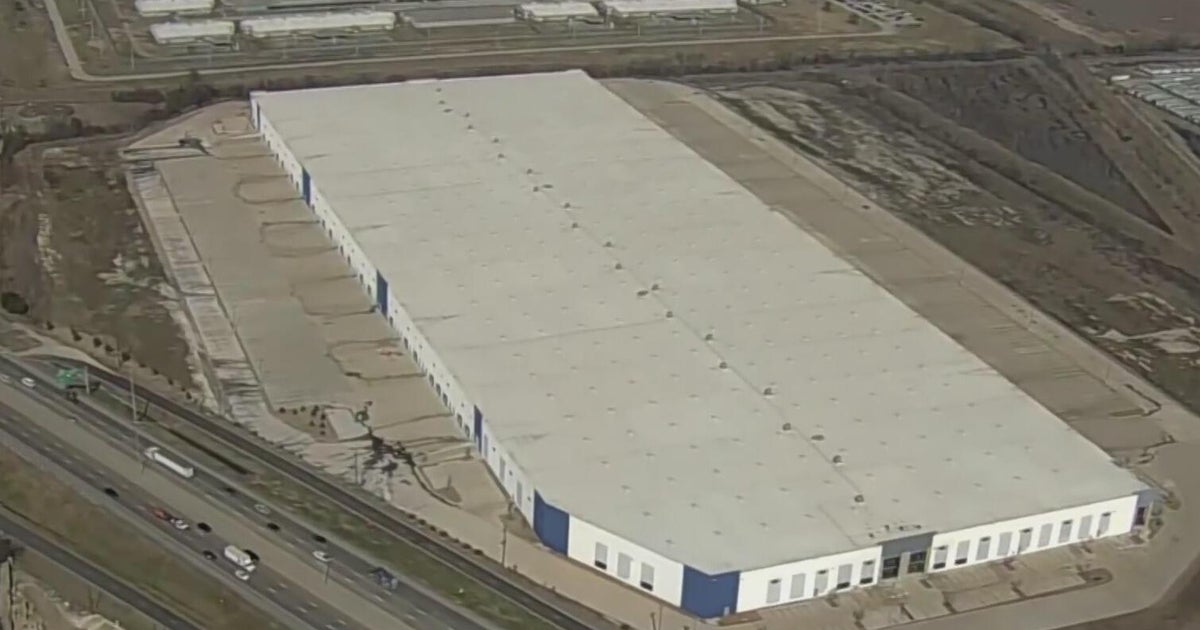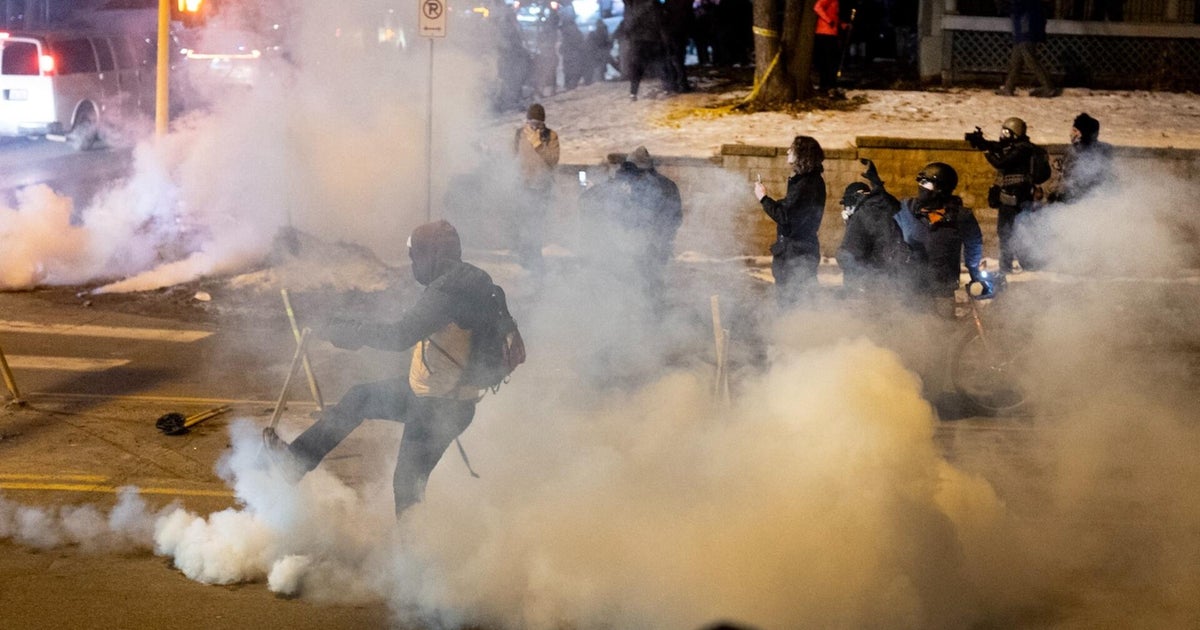Belarus-Poland border standoff fuels migrant influx, and fear of a new crisis in Germany
Berlin — Germany has seen a rapid influx in recent months of migrants and refugees entering the country from Poland. The migrants got into Poland — and onto European Union soil — by braving a trek through frigid forests along that country's border with Belarus. They are among thousands of people caught up in what the EU considers a concerted effort by Belarus' authoritarian leader to use immigration as a weapon in a standoff over sanctions and human rights.
The soaring tension between the EU and Belarus' Russian-backed strongman leader, Alexander Lukashenko, is driving a new European migrant crisis. The EU and the U.S. have accused Lukashenko of luring migrants from the Iraq, Syria and other conflict-torn nations to the capital Minsk, with the promise of safe passage to the EU via the Polish border.
The European Commission claims the Belarusian autocrat's motivation has been to destabilise the region by enabling irregular immigration. It is retaliation, the EU says, for harsh economic sanctions imposed on his regime by the EU over a crackdown on pro-democracy voices following a discredited election.
If stoking internal tension in EU states was his aim, Lukashenko's efforts appear to be paying off. The recent influx of refugees into Germany — mainly Syrian, Iraqi and Afghan nationals — has put the German nation back on edge, sparking fears of a repeat of the overwhelming wave of asylum seekers and migrants that Europe saw in 2015. That mass-exodus from war-torn Syria divided opinion across Europe, and many believe it fuelled a wave of populist politics.
The current spike in migrant arrivals has sparked tough conversations about reinstating border checks with neighboring Poland, something that hasn't happened in more than a decade and would mar the EU's blanket policy of open borders.
The biggest refugee processing center in the German-Polish border region is in the east German town of Eisenhüttenstadt. Officials there told CBS News that they have seen a rapid influx of migrants and refugees in recent months, with 4,500 people processed since August, all of whom came via Belarus.
About 2,400 migrants arrived in Germany after crossing from Belarus and then through Poland in October alone.
The rise in numbers prompted Germany's Federal Police to urge the government to put up temporary control measures to stem the flow, but both countries have said the shared 286-mile frontier will not be completely sealed.
What many in Germany fear are scenes like the ones that played out during the 2015 refugee crisis, which saw German Chancellor Angela Merkel make the controversial decision to admit one million refugees.
"Germany feels helpless," said Gerald Knaus, chairman of the European Stability Initiative and an advisor on migration issues to German politicians. "The number of people who have come across a border where, normally, there are no irregular migrants in any significant numbers, from Belarus to Poland and the Baltic states and then on to Germany, that number creates more concern here than the much larger number that crosses the Mediterranean."
Knaus told CBS News that while the number of people arriving in Germany compared to 2015 is still very low, the situation is worrying Germans for other, less logistical reasons.
"What makes this so politically, morally and strategically difficult is the sense of loss of control," he explained. "It is the sense in Europe that it is Lukashenko alone who determines how many people come."
At the refugee processing center in Eisenhüttenstadt, CBS News met migrants who spoke of their journey to reach Germany. Nihad and Dahir, from northern Iraq, said they flew to Minsk via Turkey. After spending days in the woods near Belarus' border with Poland, they finally got the GPS locations they had been promised by smugglers to meet up for an illicit trip across the border.
For a fee of about $2,400 each, they were put into a truck.
"Fourteen hours standing up in the car, together with 20 people," recalled Nihad.
This route has become an attractive one for migrants who have the means to pay smugglers and are willing to face the risks of traversing the no man's land between Poland and Belarus.
But as the numbers rise, so does the fear in Germany of another massive migrant crisis, and this time it seems that Germany may be unwilling to carry the burden alone.




